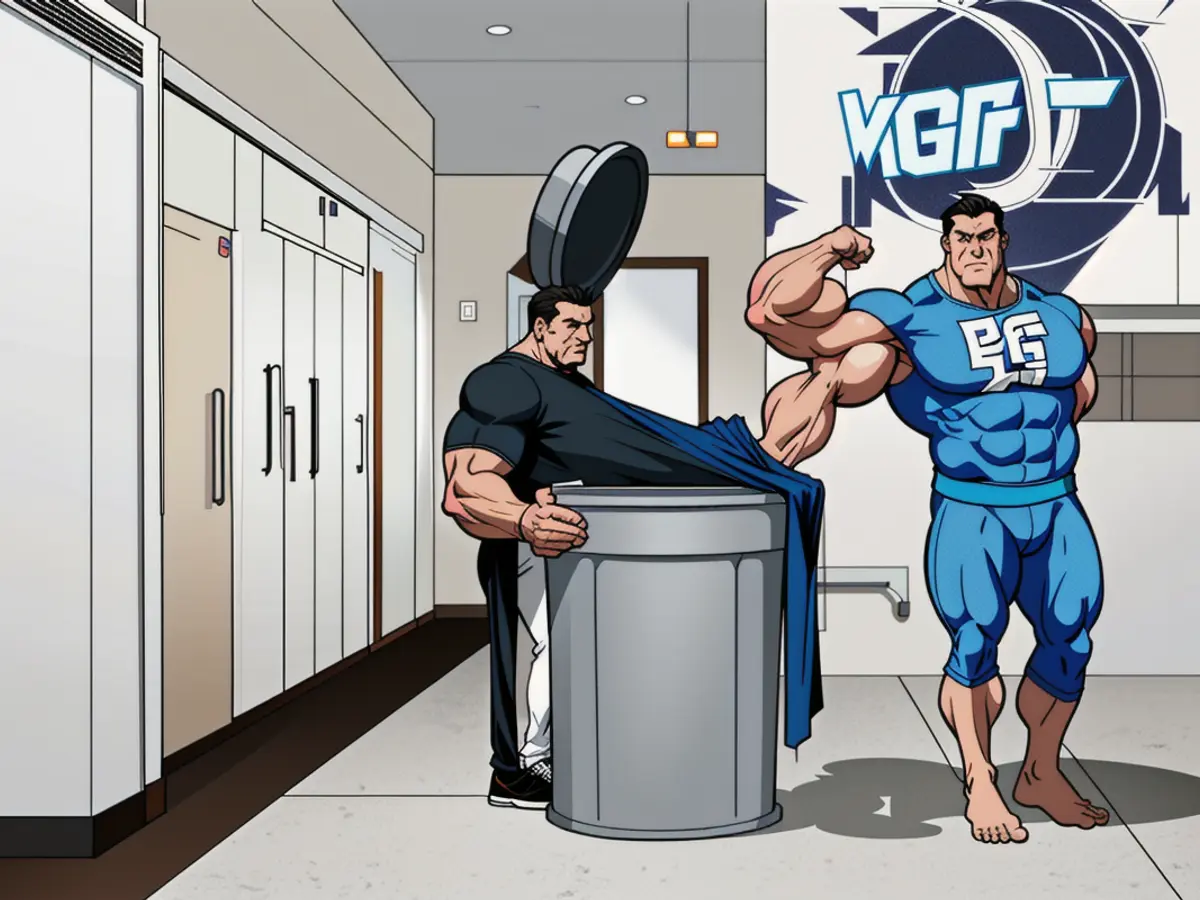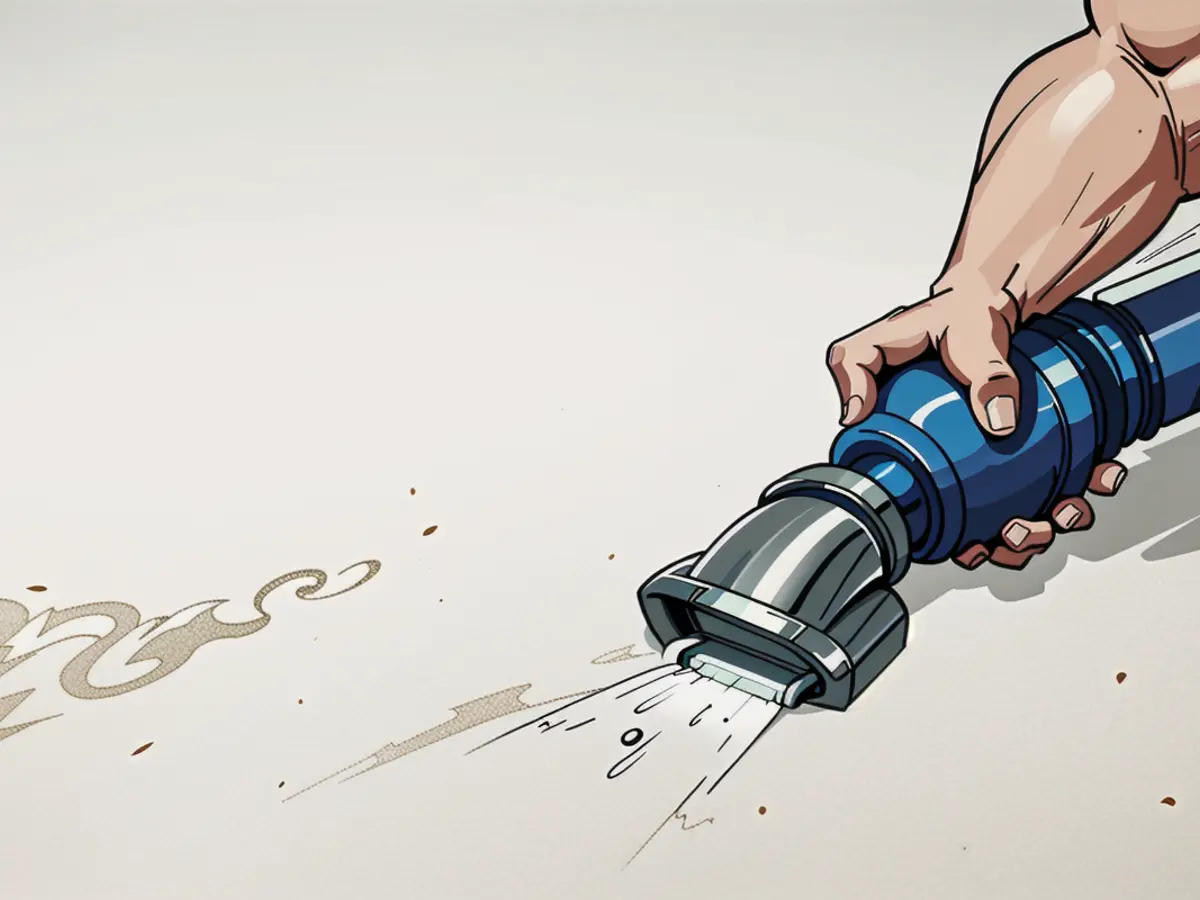10 Things That Should Never End Up in Your Garbage Bin
Certain things ought never find their way into the garbage bin, such as smoldering embers. Other items like batteries, paint, sofas, and lightbulbs may not be immediately obvious, causing you to ponder what is and isn't suitable for disposal. However, you can't recycle everything, so what's left? Below, we've compiled a list of 10 items you should never throw into the trash to prioritize the safety of your home and the environment. Here's how to get rid of them:
10 Items That Should Never End Up in the Trash
It might shock you how many items shouldn't go in the garbage. Historically, common waste eventually ends up at the landfill, and many of the items on this list contain harmful chemicals and hazardous materials. Dumping them in the trash can harm the environment and contaminate water sources.
1. Batteries
Batteries contain hazardous materials that can be detrimental to human health and eventually find their way into the groundwater if improperly disposed of.
Disposal of Batteries: Instead of throwing them away, take them to a retailer or other location offering battery recycling.
2. Paint
Similar to batteries, paint should not be thrown in the trash due to its hazardous content and pollutants.
Never pour paint products down the drain, as they can clog pipes and damage sewage systems.
Disposal of Paint: Instead of throwing paint in the trash or pouring it down the drain, take unwanted paint to a recycling center capable of disposing of it properly or donate it to Habitat for Humanity or similar organizations if it's still useful.
3. Lightbulbs
Many lightbulbs contain hazardous substances, such as mercury in compact fluorescent bulbs (CFLs) and lead solder on their circuit boards. These substances can contaminate the ground and enter into water sources.
Additionally, lightbulbs are made of glass, which can break upon disposal, posing a risk of injury to garbage handlers.
Disposal of Lightbulbs: Consult your retailer or manufacturer's instructions for disposal guidelines, or contact your local recycling center to choose the best options.
4. Full or Partially Full Aerosol Cans
Most aerosol cans contain substances that shouldn't be disposed of in landfills due to the potential threat they pose to groundwater. Additionally, the pressure in aerosol cans may cause an explosion risk, endangering sanitation workers or people who come into contact with disposed cans.
Disposal of Aerosol Cans: Dispose of most empty aerosol cans in the trash, ensuring they've been properly emptied first. If a hissing sound is heard or liquid is still present, safely puncture and empty the can before disposal.
5. Waste Oils
Waste oil and other lubricants, such as those from cars, lawnmowers, tractors, or similar equipment, must be disposed of properly. They must not be thrown in the trash, as they're considered hazardous waste and have the potential to contaminate groundwater.
Disposal of Waste Oil: Check with your local auto parts store or mechanic shop to see if they provide engine oil recycling programs.
6. Tires
Tires should not end up in landfills due to their inability to decompose and their use of harmful chemicals.
Disposal of Tires: Take them to a tire recycling center or contact your local tire shop to determine if they provide tire recycling services.
7. Antifreeze
Antifreeze is extremely toxic to humans, animals, and the environment and should never be discarded in the trash, even if it's sealed. Its toxicity stems from ethylene glycol, a primary antifreeze ingredient.
Disposal of Antifreeze: Take your old antifreeze to a hazardous waste collection facility or contact your local auto parts store or mechanic shop to learn about recycling options.
8. Electronics
Electronics contain hazardous materials like lead, mercury, and other harmful substances. If thrown in the trash, these substances can harm the environment and contaminate groundwater. Moreover, electronics contain valuable metals that should be recycled.
Be sure to erase your data before recycling electronics.
Disposal of Electronics: Take old electronics to a recycling facility offering electronic recycling.
9. Medications
Medication should not be thrown in the trash, as it can leach into the ground and contaminate groundwater. It also poses a risk to anyone who comes into contact with it.
Disposal of Medications: Most pharmacies and medical services provide medication take-back services to ensure it's disposed of properly.
Never flush medication down the toilet or pour it down the drain, as it can contaminate the water system, affect aquatic life, and potentially contaminate our drinking water.
10. Sofas
Sofas should never be discarded in landfills as they do not decompose effectively, taking up valuable space in landfills. Additionally, sofas often contain harmful chemicals that can contaminate the environment.
Disposal of Sofas: Take them to a furniture recycling center or use online platforms to find second-hand buyers. If the sofa is damaged beyond repair, consult your local waste management authority for guidance.
Getting Rid of that Old Mattress: One easy solution for dealing with an aged mattress is reaching out to a junk removal service or any organization providing pick-up services. You might also want to ponder over the notion of gifting your old mattress, provided it's still in good condition.
Examine your Local Regulations
In case of uncertainty, delve into your local regulations for appropriate waste disposal and recycling instructions. Some localities lack the necessary facilities to reprocess specific materials, like glass, which could pose complications while disposing of such items.
Did this assist you? We'd love to hear your feedback! Share why!
After learning about the items that shouldn't be thrown in the trash, it's essential to know where to take these items for proper disposal. For instance, batteries, which contain hazardous materials, should be taken to a retailer or other location offering battery recycling. Similarly, paint, due to its hazardous content, should not be thrown in the trash but instead taken to a recycling center capable of disposing of it properly or donated if still useful.
In the process of housekeeping and house cleaning, always remember that certain items require special attention. For example, lightbulbs contain hazardous substances and should be disposed of accordingly, while sofas, which do not decompose effectively, should be taken to a furniture recycling center or given away if still in good condition. By following these cleaning tips and practicing responsible housekeeping, you can help prioritize the safety of your home and the environment.




